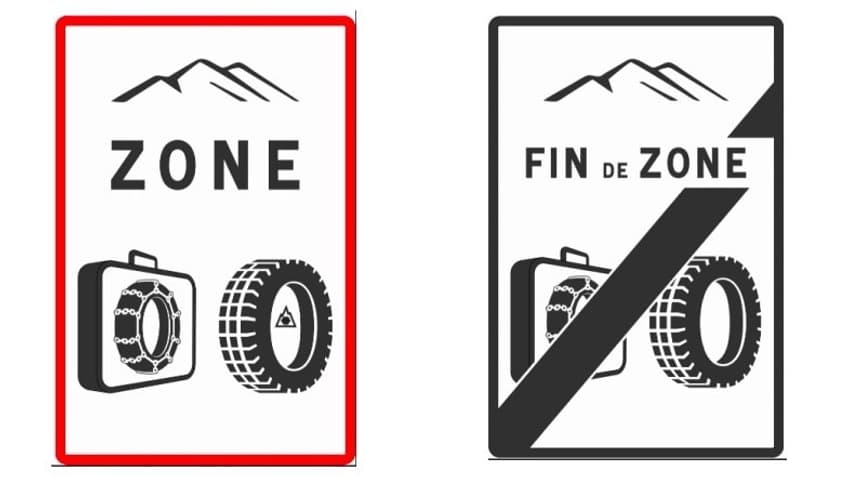Snow has returned in recent days to France, especially in the different massifs, in the Pyrenees, the Alps, the Jura and the Vosges, with abundant rainfall.
Unfortunately, during this period of school holidays, the first drivers were stuck on the road leading to the stations, as BFMTV journalist Cédric Faiche could see.
This winter episode is an opportunity for the Savoy gendarmerie to publish a reminder in an unconventional tone, taking Caramel as a counterexample: this cat particularly famous for having failed a jump from the roof of a snow-covered car and a rather cult video on the Internet. .
In short, if you don’t want to end up like Caramel (spoiler, pretty bad) think about equipping yourself.
The opportunity to remind you of what the Mountain II law imposes, in force since 2021, with snow tires (or four-season tires with the 3PMSF logo) or removable equipment (snow chains or socks) mandatory if driving on certain 34-mile roads. departments between November 1 and March 31.
If fines for violators are not expected this year either, it is still important to prepare.
Beyond this regulatory obligation, it is also advisable to change the tires when the thermometer drops below 7°C.
Different scenarios in Europe
But what are the obligations between our European neighbors when one can spend part of their holidays abroad, especially in mountain ranges? We can distinguish four cases: countries where there is no obligation, those where a panel requires it to be equipped (this is the case of France), those where this obligation is activated under certain climatic conditions and those where it depends on a certain period. .
A classification prepared by the “European Consumer Center”, a Franco-German association for information and advice to consumers. The complete list by country is published on their site and can be found in map form below.
If in France this mandatory winter equipment obligation is activated during a certain period, from November 1 to March 31, what has been maintained is rather the logic of the signs.
In fact, the obligation is materialized in the sign below, as is the end of the area.
A notable difference with Germany, for example, where winter tires are mandatory “when weather conditions require it (snow, ice, freezing rain, frost, sleet)”, the article recalls, but without minimum temperature criteria or fixed period . We would prefer to be on an informal rule
There is no fixed term or minimum temperature in the law. But rather an indicative period “Oktober bis Ostern”, from October to Easter.
Source: BFM TV


